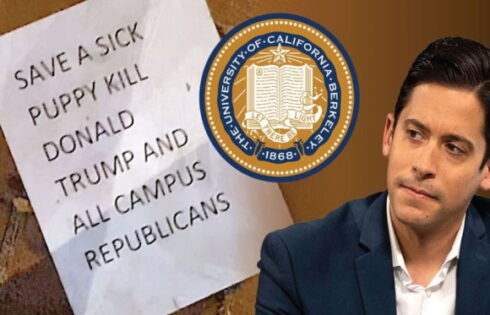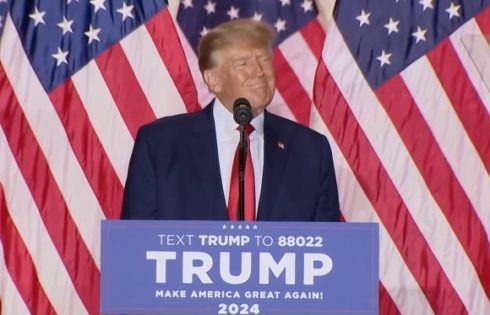
It’s been almost five years since I got something off my chest which had irked me for some time. I still recall vividly my embarrassment at the whining of a colleague … her complaining to a crowd of residents about how hard she works in a misguided attempt to gain sympathy for a school-funding property tax increase.
Part of the whining was about alleged poor teacher pay, a topic covered recently by The Wall Street Journal. In the article, two analysts dissect the Economic Policy Institute’s 2019 report on public school teacher pay in which the EPI claims teachers were “underpaid” by a whopping 21.4 percent in 2018. It based its calculations by “compar[ing] teacher salaries with the salaries of people who have the same number of years of education and the same demographic characteristics.”
If you’re like me, you can see how silly such a comparison is. As the authors state, “this model assumes that education is interchangeable—that a bachelor’s degree in education has the same market value as a bachelor’s in engineering, and a master’s in education is worth the same as a master’s in business administration.”
If you accept the Economic Policy Institute’s findings, ludicrous conclusions follow. We used the same census data and the same techniques to figure out if other professions were “overpaid” or “underpaid.” We could just as easily write papers publicizing the 25% “firefighter pay premium” or the 10% “massage therapist pay penalty” based on their methods. We could complain that aerospace engineers are overpaid by 38%, and we could demand justice for telemarketers who are shortchanged by 26%.
If public-school teachers were truly underpaid, we might expect teachers to reap much higher salaries when they switch to nonteaching jobs. They don’t. We also might expect to see public-school teachers paid less than those in private schools. In fact, public-school teacher salaries are roughly 16% higher than in nonreligious private schools. We might expect that teachers would receive lower salaries than people whose jobs had similar skill requirements. The Bureau of Labor Statistics’ National Compensation Survey, which includes job-skill requirements, fails to show a teacher pay penalty.
And do we need to bring up the summers off? Every holiday and then some? What about the (very) generous benefits packages teachers get: health, dental, vision, etc.?
Not to mention, maybe, just maybe, states and districts will wise up and pay teachers in needed subjects — math, science, English — more than others, especially those in the subjects of phys. ed., art, and home economics (among others).
But as long as the powerful unions maintain their grip on things (like the president of the American Federation of Teachers sitting on the Economic Policy Institute’s board), don’t count on it.
MORE: Teachers sue to recoup union payments following ‘Janus’ ruling
MORE: Teachers union strikes are all about teachers — not students
IMAGE: HomeArt / Shutterstock.com






Please join the conversation about our stories on Facebook, Twitter, Instagram, Reddit, MeWe, Rumble, Gab, Minds and Gettr.